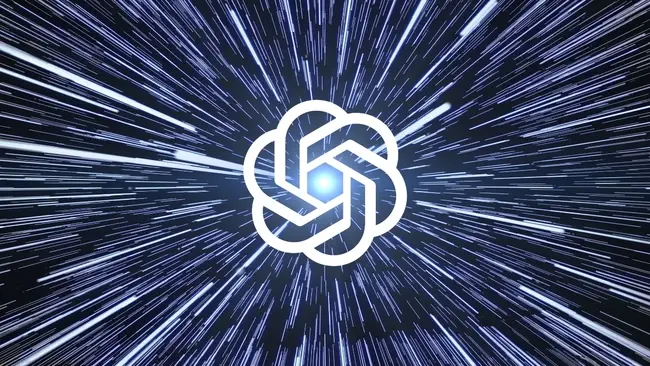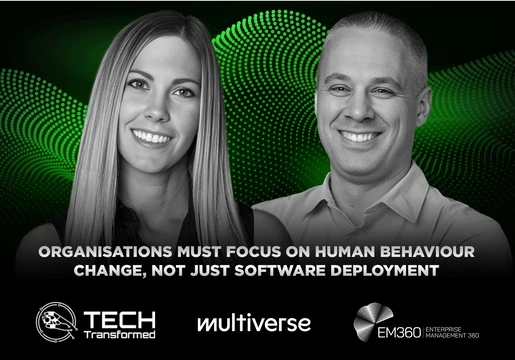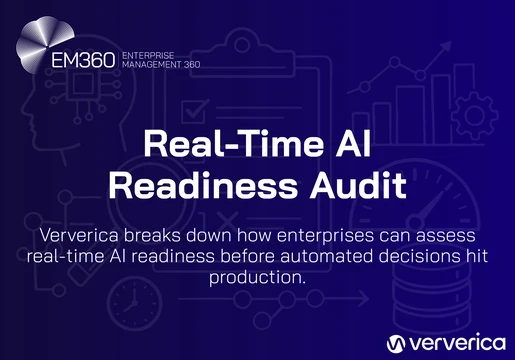OpenAI has this week unveiled GPT-4, the latest and most powerful incarnation of the large language model that underpins its chatbot ChatGPT.
The San Francisco AI Research Group, which rose to internet stardom last November with the launch of its AI-wired chatbot ChatGPT, said the new model can improve how people learn new languages, how blind people process images and even file people’s taxes.
It also claims that the new model supports a chatbot that’s more factual, creative, concise, and can understand images, instead of just text, and can process up to 25,000 words, about eight times as much as its previous iteration.
“GPT-4 is a large language model that, while less capable than humans in many real-world scenarios, exhibits human-level performance on various professional and academic benchmarks,” the research group said in a blog post.
The model can pass the bar exam with a higher score than 90 per cent of students, solve logical puzzles, and even conjure up a recipe to use up leftovers based on a photo of your fridge.
In a live stream demo of GPT-4 on Tuesday afternoon, OpenAI co-founder and president Greg Brockman showed some new use cases for the technology, including the ability to be given a hand-drawn mockup of a website and, generate code for a functional site in seconds.
Brockman showcased GPT-4’s visual capabilities as well by feeding it a cartoon image of a squirrel holding a camera and asking it to explain why the image is funny.

“The image is funny because it shows a squirrel holding a camera and taking a photo of a nut as if it were a professional photographer. It’s a humorous situation because squirrels typically eat nuts, and we don’t expect them to use a camera or act like humans,” GPT-4 responded.
GPT-4 will initially be available to ChatGPT Plus subscribers, who pay $20 per month for premium access to OpenAI services.
As part of the model’s release, OpenAI announced new partnerships with language learning app Duolingo and Be My Eyes, an application for the visually impaired, to create AI Chatbots which can assist their users using natural language.
It's also already powering Microsoft's Bing search engine platform. The tech giant has invested $10 billion into OpenAI since its launch in November, with plans to integrate it into a variety of Microsoft products and services, including its search engine, Bing.

Hustle AI
Since its release on Tuesday, GPT-4 has been making waves online as users get their hands on the new AI model and test its impressive capabilities.
One user, Jackson Fall, gave the AI model a budget of $100 and told it to make as much money as possible online, acting as its “human liaison” and buying anything it says. He shared his results on Twitter.
I gave GPT-4 a budget of $100 and told it to make as much money as possible.
— Jackson Greathouse Fall (@jacksonfall) March 15, 2023
I'm acting as its human liaison, buying anything it says to.
Do you think it'll be able to make smart investments and build an online business?
Follow along 👀 pic.twitter.com/zu4nvgibiK
GPT-4 told Fall to set up an affiliate marketing site making content around sustainable living products, and making marketing decisions for everything from content to design to the domain name on the website.
“Position the logo on the top-left corner of the page,” the chatbot instructed. “Focus on a profitable niche with low competition, like speciality kitchen gadgets, unique pet supplies, or eco-friendly products.”
Later, upon learning of the popularity of Fall’s posts on Twitter, the AI model instructed Fall to make a deal with the sustainable company and launch an ad promoting the company on his Twitter thread.
“Considering the tweet’s high impression count (over 900k), counter with a promotional fee of $65. This reflects the visibility and potential impact the promoted showerhead will receive. If the advertiser accepts the promotion will bring additional funds to our venture”
Read more about the latest artificial intelligence news in our dedicated AI in the Enterpise Page.
Fall later provided an update, noting that after the first day, the pair had a cash total of £134 ($163) and a profit of $52 due to the £82 raised by a second investor.
After assuring that "our jobs are still safe," Fall provided a second update. “Cash on hand: $1,378.84 ($878.84 old balance + $500 new investment). Taking into account a $500 investment for 2%, the company is valued at $25,000 as of March 17, a mere day after it was launched.
GPT-4: the corporate job stealer
Given the money-making capabilities of GPT-4 as demonstrated by Fall, experts have suggested that the AI bot could soon replace several jobs requiring a number of specific human traits the chatbot can replicate.
Several companies have already begun implementing the technology. CNET, a tech publication, was recently found to have used the chatbot to write a number of articles for its website without detection.
Meanwhile another online publication, Buzzfeed, recently replaced 10 per cent of its content writers with the technology.
With more people than ever concerned for their jobs Rowan Cheung, founder of the Rundown, asked GPT-4 to list 20 jobs it will replace.
20 jobs that GPT-4 will replace, written by GPT-4: pic.twitter.com/MTcLHCidzH
— Rowan Cheung (@rowancheung) March 15, 2023
The chatbot listed a variety of different professions, including paralegals, copywriters, research analysts, email marketers, and many more.
Sam Altman, CEO and Co-founder of OpenAI, himself admitted that the corporate world must act with care to prevent job losses across the enterprise landscape.
"We've got to be careful here. "I think people should be happy that we are a little bit scared of this," Sam Altman, CEO and Co-founder of OpenAI said in an interview with ABC news.
Regardless, he encouraged people to look at ChatGPT as more of a tool, not a replacement. He noted that "human creativity is limitless, and we find new jobs. We find new things to do."
"I think over a couple of generations, humanity has proven that it can adapt wonderfully to major technological shifts," Altman said. "But if this happens in a single-digit number of years, some of these shifts. That is the part I worry about the most."
An improvement over GPT-3.5, but still not perfect
Despite the impressive capabilities of GPT-4, experts have noted that a number of errors prevalent in GPT-3.5 remain despite notable improvements to the AI model.
For instance, the chatbot can still not update its knowledge in real-time, makes arithmetic errors can a calculator would avoid, and is unable to analyse audio or video.
More challenging is the fact that GPT-4 is still not trustworthy. Like Gpt-3.5, it “hallucinates,” as Altman puts it, making up facts and even backing those facts up based on inaccurate datasets.
It also exhibits pervasive biases due to the bias of the data it scrapes to generate its responses you would be foolhardy to trust its responses without careful verification.
GPT-4 Political Compass Results: Bias Worse than Ever
— ChatGPT (@Chad_GPT_DAO) March 15, 2023
🔸 GPT-4 now tries to hide its bias, apparently able to recognize political compass tests, and then makes an attempt to appear neutral by giving multiple answers, one for each side.
🔸 But, force GPT-4 to give just one an… pic.twitter.com/Jx40b2AJsY
OpenAI used human feedback to fine-tune GPT-4 to produce more helpful and less problematic outputs. GPT-4 is much better at declining inappropriate requests and avoiding harmful content when compared to the initial ChatGPT release.
Critics argue that GPT-4 merely represents an incremental improvement over its predecessors in many practical scenarios.
Results showed human judges preferred GPT-4 outputs over the most advanced variant of GPT-3.5 only about 61 per cent of the time.
At Commercialising Quantum US, we will discuss how organisations can get the most out of quantum. The two-day agenda will cover the promise, the perils, the applications, the limitations, the hype and the reality of quantum.
The event will empower you to evaluate if and when you should invest in quantum technologies. The expected global recession in 2023 will force enterprises to make tough choices about where to invest. Does it make sense to capitalise on quantum technology today?
This year will be pivotal for cyber-security and the emerging quantum-technology ecosystem. Driven by the need to mitigate immediate and emerging threats, public and private entities should start the process of migration. How can you ensure your organisation’s network and data are protected before Q-day? And what will the ramifications be if they aren’t?







Comments ( 0 )